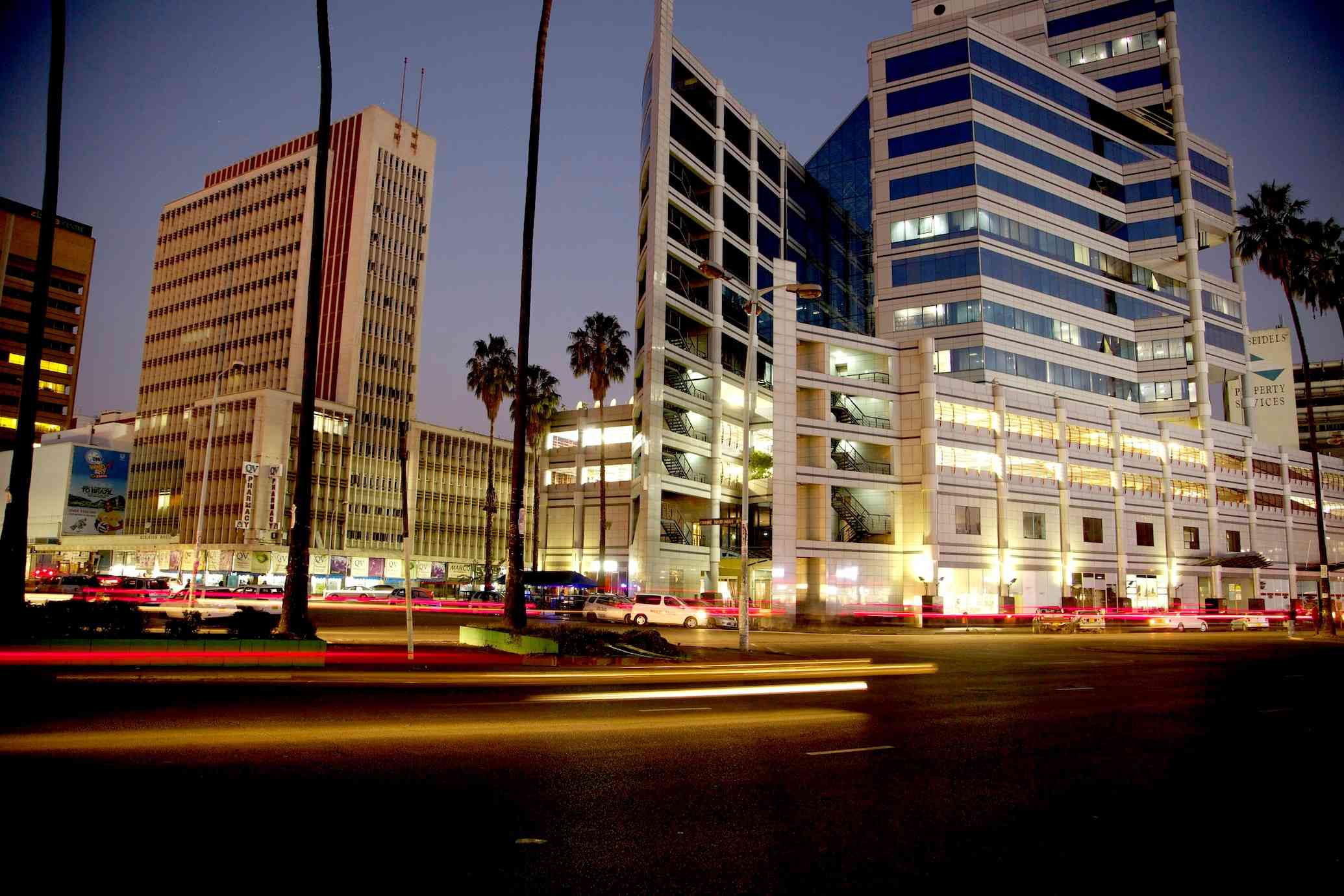
Foreign Direct Investment (FDI) refers to overseas investors investing in a country’s economy, and it’s one way that countries can potentially accelerate their growth and development. Given its current problems with high inflation, unemployment, and a struggling currency, Zimbabwe is one country that could benefit from more FDI.
History of FDI in ZimbabweBefore independence, Zimbabwe's economy was largely agrarian, with a focus on tobacco and maize production, supplemented by mining activities. These sectors often attracted substantial FDI, and this set a precedent for Zimbabwe's future dependence on FDI.
Post-independence, the country experienced an initial surge in FDI. This was due to favourable government policies, as well as abundant natural resources. However, both political instability and policy uncertainty led to a sharp decline in foreign investment. A good example of this was the Land Reform Program in 2000. This policy led to property rights being violated, which resulted in reduced investor confidence and massive disinvestment.
Government policies toward FDI have varied over time, sometimes being welcoming and other times restrictive. Another policy example to illustrate this is the Indigenisation and Economic Empowerment Act. This was aimed at increasing local ownership and had the effect of spooking investors as they feared they would have limited control over their investments.

Outside of political stability and government policies, the global financial markets are another key factor that affects the flow of FDI into Zimbabwe. When times are good, and markets are booming, FDI tends to increase. When things appear to be on a downtrend, this type of investment can quickly slow down.
As this effect is out of their control, any country that is reliant on FDI would do well to follow the SP 500 futures market. The S&P 500 is an index made up of the biggest large-cap stocks in the US, and this instrument allows investors to bet on its future. A bearish market sentiment could be a sign that FDI may begin to decrease, and that diversification is needed.
Outside of market sentiment, another factor in attracting FDI is international desirability. Countries like Singapore and Ireland have managed to attract significant amounts of investments despite their small size, and this has largely been due to strong legal frameworks, attractive tax incentives, and a general sense of trustworthiness. Although Zimbabwe has a large amount of natural resources that would typically attract investment, the country’s political instability and lack of transparency have led to a lack of FDI in recent times.
- Mavhunga puts DeMbare into Chibuku quarterfinals
- Open letter to President Mnangagwa
- Feature: ‘It’s worse right now than under Mugabe’: Sikhala pays the price of opposition in solitary cell
- Masvingo turns down fire tender deal
Keep Reading
International policies are another component. The African Continental Free Trade Agreement (AfCFTA) aims to create a single continental market, along with the free movement of businesspeople. This could make it easier for companies from member states to invest in Zimbabwe, and potentially increase FDI.
All stakeholders concerned with the financial prosperity of Zimbabwe need to understand the role of FDI and what factors both encourage and discourage it. Although some factors are out of their control, many of them are not, and a strong commitment to transparency could see things change quickly.







